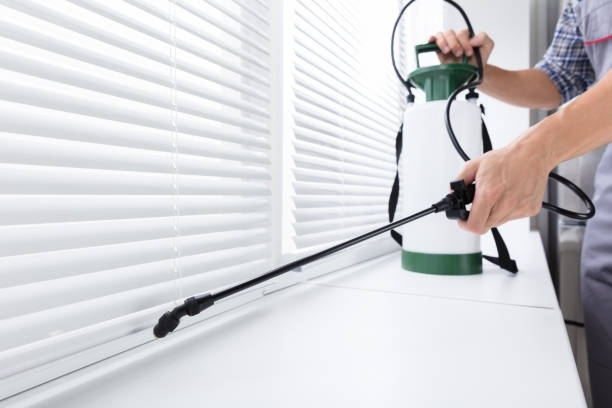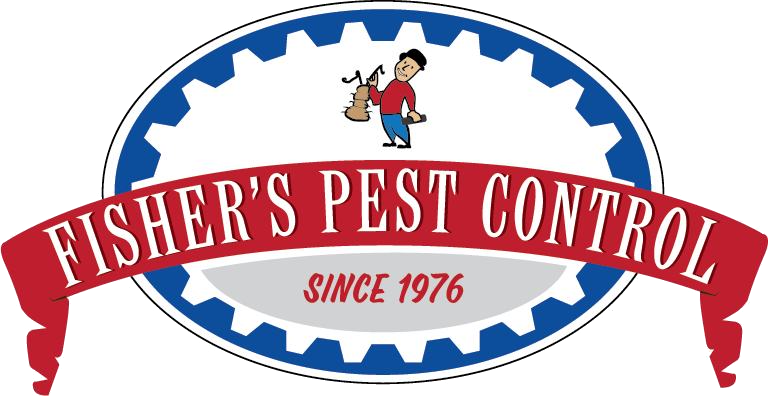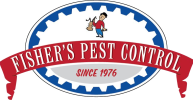Did you know that eight out of ten homes use products to control pests both inside and outside? As our loved ones age, they need extra care when it comes to pest control. Older adults face unique risks from common household products used to address pests. What might cause minimal discomfort for a younger person could create serious health problems for seniors.
This guide offers practical advice to help protect elderly family members while still managing household pests effectively.

How Aging Affects Vulnerability
As we age, our bodies change in ways that increase sensitivity to many substances, including those used for pest control.
Skin Changes
The outer layers of skin become thinner with age. This means products that contact skin can enter the body more quickly in older adults. Even when using the same amount of a product, an older person might absorb more through their skin.
Aging skin also reacts more slowly to irritation. An older person might not notice right away that something is bothering their skin, which means they might stay exposed longer without washing it off.
Decreased Sensory Awareness
Our ability to detect changes through smell, touch, and taste often diminishes as we age. Older adults might not notice odors or skin sensations as quickly, making it harder for them to know when they’re being exposed to something potentially harmful.
Changes in Body Composition
People tend to gain body fat and lose muscle mass with age. Many substances used for pest control are stored in fat before the body removes them. With more body fat, these substances can build up in larger amounts in older adults.
Slowed Processing Systems
The heart’s ability to pump blood decreases with age, resulting in reduced blood flow to organs such as the liver and kidneys. These organs also shrink as we age. This combination means the body takes longer to process and remove unwanted substances, keeping them in the system longer.
Health Considerations
Medication Interactions
Medications are processed by the same organs that handle substances used in pest control. This can overload these systems, making it more difficult for the body to eliminate unwanted substances.
Existing Health Conditions
Many seniors have conditions affecting their liver, kidneys, or other organs that help remove substances from the body. These conditions further reduce their ability to process pest control products effectively.
Potential Effects
Because of these factors, older adults might experience health problems from exposure to substances that younger adults tolerate without issue. Symptoms might include headaches, dizziness, nausea, breathing difficulties, or weakness.
Long-term exposure could potentially lead to more serious health issues. This doesn’t mean we can’t manage pests effectively—it just means we need to take extra precautions.
Safe Practices Around Seniors
When you need to manage common pests in homes where older adults live, follow these guidelines:
Before Treatment
- Make sure any professional you hire holds a valid pest control license
- Consider alternative control methods that don’t involve strong products
- Select the least potent option that will address your specific pest problem
- Don’t stock up on pest control supplies—buy only what you need
- Always read and follow the instructions carefully
During Treatment
- Keep food, cooking utensils, and personal items away from treated areas
- Cover or remove bird cages, fish tanks, and relocate other pets
- Make sure the elderly person is not in the room during application
- Avoid applying products to areas commonly touched by family members
- Use traps only in areas inaccessible to the elderly person
- Wear recommended protective clothing when handling products
After Treatment
- Leave windows open after treatment to clear the air
- Wash hands, face, and clothing after handling any pest control products
- Thoroughly clean kitchen surfaces before preparing food
- Allow adequate time before returning to treated outdoor areas
- Wash fruits and vegetables thoroughly to remove any residue
What To Do If Exposure Occurs
If an older adult shows symptoms after pest treatment, take these steps:
- In an emergency, call 911 immediately
- Contact a doctor right away
- Call the Poison Information Center at 13-11-26
- Provide details about the exposure, including the product name if possible
Symptoms of a bad reaction may include:
- Headache
- Dizziness
- Nausea or vomiting
- Stomach cramps
- Diarrhea
- Blurred vision
- Excessive eye watering
- Sweating
- Breathing difficulties
Don’t wait if you notice these symptoms. Older adults may need medical attention sooner than younger people.
When to Call Professionals
Sometimes, the safest option is hiring qualified professionals. Look for these qualities:
- Holds a valid pest control license
- Understands the special needs of elderly clients
- Uses the least harmful methods first
- Provides clear instructions about safety precautions
- Works with family members to ensure the senior’s safety
- Willing to discuss alternative approaches
Remember that professionals can help make arrangements to keep elderly residents safe during treatment, including temporarily relocating them if necessary.
Conclusion
Protecting older adults from pest-related health issues requires extra care and attention. By understanding how aging affects vulnerability, choosing safer methods, and following proper precautions, you can effectively manage pests while keeping elderly loved ones safe.
When in doubt, consult with healthcare providers and licensed pest professionals who understand the special needs of older adults. With thoughtful planning, you can create a pest-free environment that protects the health and comfort of everyone in the home.





